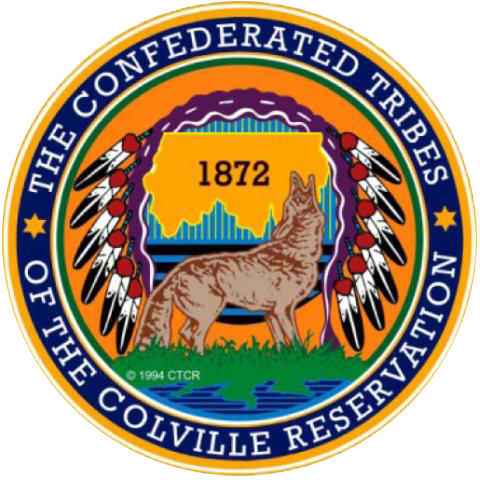CTE
-
Career and Technical Education (CTE) provides an important pathway to success for high school students and offers each student opportunities to personalize his or her education based on their career interests and unique learning needs. CTE refers to courses and programs designed to prepare students for careers in current or emerging professions. At the high school level, CTE provides students with opportunities to explore a career theme of interest while learning a set of technical and employability skills that integrate into or complement their academic studies. High school CTE is meant to connect with and lead to postsecondary programs of study or additional training after high school, which may include more specialized technical instruction. These pathways can culminate in postsecondary degrees or certificates, apprenticeships, or employment.
-
In 2019, the Washington State Legislature provided students with multiple pathways to graduation by passing House Bill (HB) 1599. Rather than graduation being determined by only a state test, students can show their readiness for graduation in a variety of ways. Students develop a High School and Beyond Plan that outlines their initial plans for success when they graduate high school. The courses they take follow to a graduation pathway that leads to this success beyond high school. It also signals to employers and postsecondary education/training institutions a student’s readiness for that next step.
-
Providing CTE opportunities within the Colville Tribal workforce can directly connect pathways found within the CCT community, and connections are made with tribal programs so our students see the content directly connected to experiences outside the classroom. CTE program benefits:
Connect classroom instruction with applied knowledge and skills to solve real world problems
Build important skills in creativity, collaboration, and communication
Develop partnerships within our tribal community for students to have a clear pathway to tribal industries post high school
Prepare students to be career ready
Teach students life skills that help them become productive citizens, ultimately ensuring the long term health and economic competitiveness of our nation
-
Industry Growth vs. Community Growth
Fill hard to fill entry level positions with our youth
Outcome provides competitive applicant
Chief Leschi's graduation rates from 70% to 90% in a year during the pandemic
Comprehensive local needs assessment of reginal overview of CTE programs
-
Best practices for advisory committees include:
community of balanced knowledge and partnerships to build meaningful contributions
share advice of occupational needs in community, design frameworks, development, delivery, evaluation and continuous improvement of CTE Programs
help the workforce industry and the school
employers, tribal programs, teachers, experts
